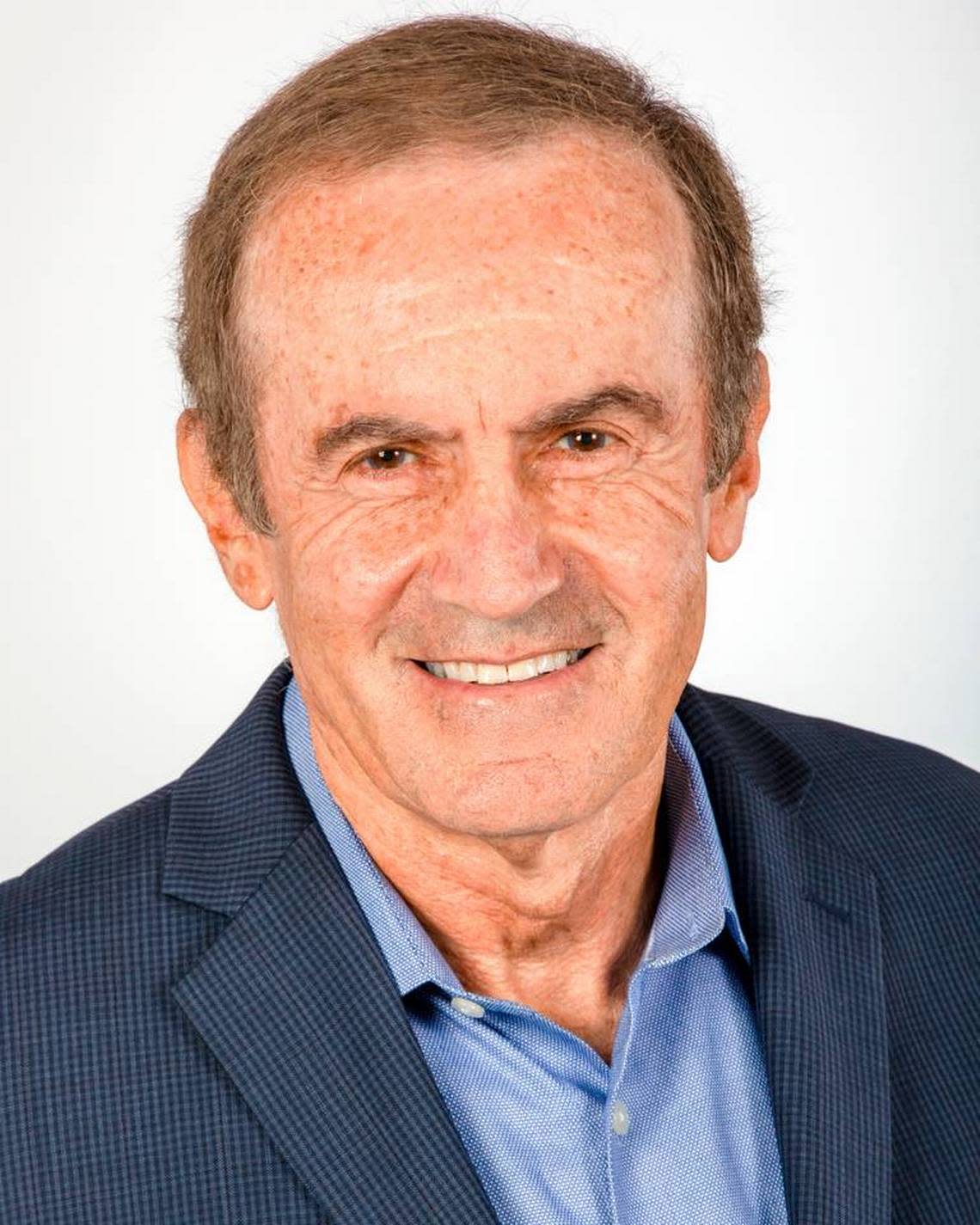Venezuela’s opposition may have committed political suicide in wiping out interim government | Opinion
Venezuela’s dictator Nicolás Maduro started 2023 stronger than ever, without even needing to order a new round of mass killings: His country’s opposition has committed a virtual suicide by dismantling its most visible leadership position.
On Dec. 30, Venezuela’s opposition-controlled and semi-clandestine National Assembly met via Zoom and voted 72-29 to oust Juan Guaidó both as its leader and as Venezuela’s “interim president” by Jan. 4.
Guaidó was the National Assembly president recognized in 2019 as Venezuela’s interim leader by the United States and about 50 other major democracies, after Maduro re-elected himself in a fraudulent election. The National Assembly was elected by a landslide in 2015 in what are considered Venezuela’s last free elections.
The three major opposition parties that now have voted to terminate the position of interim president argued that Guaidó had not achieved the goals of ousting Maduro and convening free presidential elections.
They decided to elect a new National Assembly president on Jan. 5, and scrap the opposition’s interim government altogether. Among other things, the parallel government oversaw Venezuelan assets abroad that were seized by the United States and European countries.
Two steps back
The National Assembly’s self-defeating vote, in part, was because of competing political ambitions in anticipation of this year’s opposition primaries to elect a unity candidate for the 2024 presidential elections, opposition sources tell me. Guaidó’s rivals felt that he would have had an unfair advantage by running while he was still National Assembly leader and interim president, they said.
But the opposition has shot itself in the foot, if not in the head. While Guaidó’s interim government had lost significant political ground at home and abroad recently, he was the most internationally recognized opposition figure in the country.
Just as important, his interim government had official ambassadors in the United States and major world capitals who enjoyed diplomatic status and could lobby with governments and key legislators. Much of that international stature, no matter how artificial, will be lost.
In addition, the interim government had a major say in controlling Venezuela’s U.S.-based CITGO oil company and had won rulings against the Maduro regime to get $1.9 billion in Venezuelan gold seized by British authorities. Now, it may become easier for Maduro to win litigation over disputed Venezuelan assets abroad.
The three opposition parties that supported the move argue that the incoming National Assembly president will be able to take up the roles played by Guaidó’s now-defunct office, and that Parliament-appointed commissions can take over control of Venezuela’s disputed assets abroad.
U.S. officials say that the Biden administration will support whoever the National Assembly picks as its leader, and that Washington will continue to not recognize Maduro’s regime.
Still, dismantling the interim government was one of the biggest political blunders by a dictatorship’s opposition I have seen in recent times. Guaidó’s rivals could have ousted him from both jobs without dismantling the interim government, and put somebody else in his place.
Elliott Abrams, the Trump administration’s special representative in charge of Venezuelan affairs in 2019 and 2020, told me that he wouldn’t go as far as to call it political suicide, but that, “Eliminating the interim presidency was a mistake that is going to hurt the opposition.”
Rally around a candidate
Now that the harm is done, the opposition should focus on finding a unity candidate to run in next year’s elections, and the Biden administration should support that candidate, even if the elections are likely to be a sham. Sometimes, stolen elections are catalysts for massive protests and political change, Abrams said.
In the meantime, Maduro is having a field day. As memories wane of his 2018 electoral fraud and his regime’s more than 6,800 extrajudicial killings documented by the United Nations’ High Commissioner for Human Rights, the Venezuelan dictator is regaining some international recognition after the recent election of leftist leaders in Colombia, Brazil and other Latin American countries.
On top of that, he may have gotten his New Year’s wish: an internal opposition that has virtually surrendered its international diplomatic status and its best podium to remind the world of his regime’s atrocities.
Don’t miss the “Oppenheimer Presenta” TV show on Sundays at 7 pm E.T. on CNN en Español. Twitter: @oppenheimera; Blog: www.andresoppenheimer.com

